
The Return of Depression Economics
Recommendation
Economic scholar Paul R. Krugman investigates the forces that drive economic growth and recession, and makes sense of several complicated issues. His ability to maintain the essence of a topic while simplifying complex economics with examples and analogies is a hallmark of his work. Despite the gloomy title, the book is not depressing because, Krugman concludes, another Great Depression is not looming in our future. Capitalism has, overall, provided the foundation for prosperity in advanced and developing economies alike. Indeed, the information age has introduced entrepreneurs who have generated wealth while becoming romantic heroes for succeeding in spite of giant corporations. However, Krugman stays alert for dark forces, warning us against panic attacks in the international financial markets, where multiplying negative feedback can overwhelm the effects of monetary policy. getAbstract.com recommends Krugman’s in-depth analysis to anyone with an interest in world economics and financial markets.
Summary
About the Author
Paul R. Krugman is a professor of economics at the Massachusetts Institute of Technology (MIT) and produced this book in a time of economic crisis, specifically, in Brazil in January 1999. He is a prolific economic scholar. Fortune magazine claims that he "writes better than any economist since John Maynard Keynes," and the Economist describes him as "probably the most creative economist of his generation."









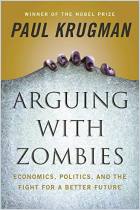
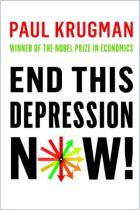
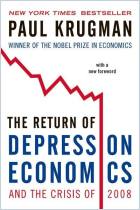

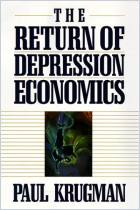
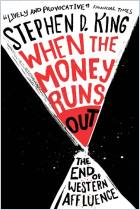
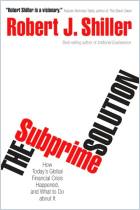

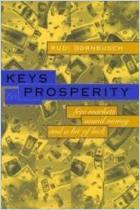
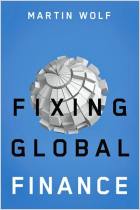
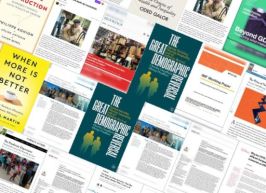



Comment on this summary or Diskussion beginnen